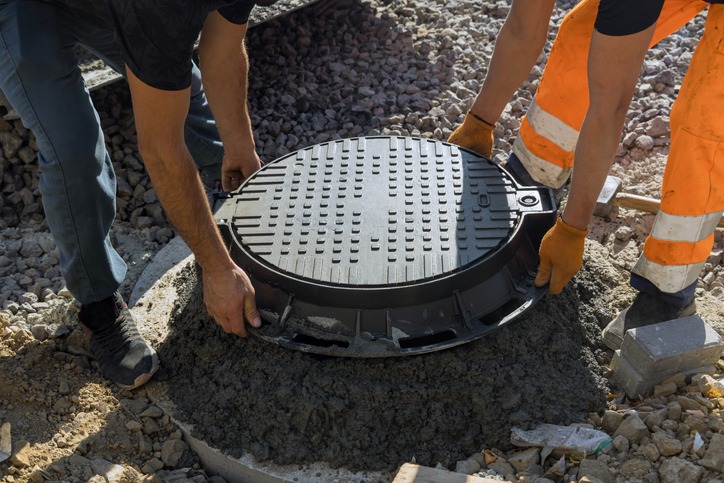What To Know Before Installing A New Septic System
Moving to a rural area is very rewarding. It is quieter than the city or suburbs, and there is more space and less traffic! Most rural homes have septic tanks instead of the public sewer system. It is the homeowner’s responsibility to maintain their septic tank. Before you move into a home with a septic system or have one installed at your new construction, we have outlined some of the things you should know before installing a new septic system. To start, you will need to find an experienced, local septic company! Contact Jones Plumbing & Septic Tank Service today to schedule an appointment for our professional septic tank services!

Have Your Tank Inspected
Before you close on a home with a septic tank, be sure to have it professionally inspected. Old or damaged septic tanks may need to be replaced or repaired, and you may be able to negotiate this cost with the seller. Once you are moved in, keep an eye out for water pooling or damp ground over your drain field, as it could indicate septic tank problems. Very green or tall grass over your drain field could also mean there is damage to your tank. If you notice anything usually, be sure to call Jones Plumbing & Septic Tank Service as soon as possible to schedule an inspection!
Septic Guidelines
If you have a septic system at your home, it is important to keep a few things in mind, such as never driving over the septic tank, as the weight of the vehicle can cause the tank to crack. This includes ATVs and heavy equipment.
If you are new to living in a home with a septic tank, be mindful of what you flush and put down the drains. You will want to avoid anything that could clog the pipes or kill the good bacteria keeping your septic tank functioning properly. Limit the use of your garbage disposal and dispose of solid items in the trash whenever possible. Chemicals in the septic tank can pollute the groundwater around your drain field. Instead, use items marked septic safe and choose biodegradable household products. Flushing or putting the following items down your drain will shorten the lifespan of the septic tank and require more frequent cleanings.
- Wet wipes and other clogging materials, such as paper towels and cotton swabs.
- Tampons
- Automatic toilet cleaners
- Chemical drain cleaner
- Hair
- Coffee grounds
- Any type of grease, oil, or fat
- Paint
Cleaning
Septic tank cleaning or septic pumping refers to the removal of waste from the tank. This needs to be done every 3–5 years by a professional septic tank service. Regular pumping can help ensure your septic tank continues to work properly and prevents build-up and damage. Without proper maintenance, your drain field can flood, and your plumbing can be damaged.
